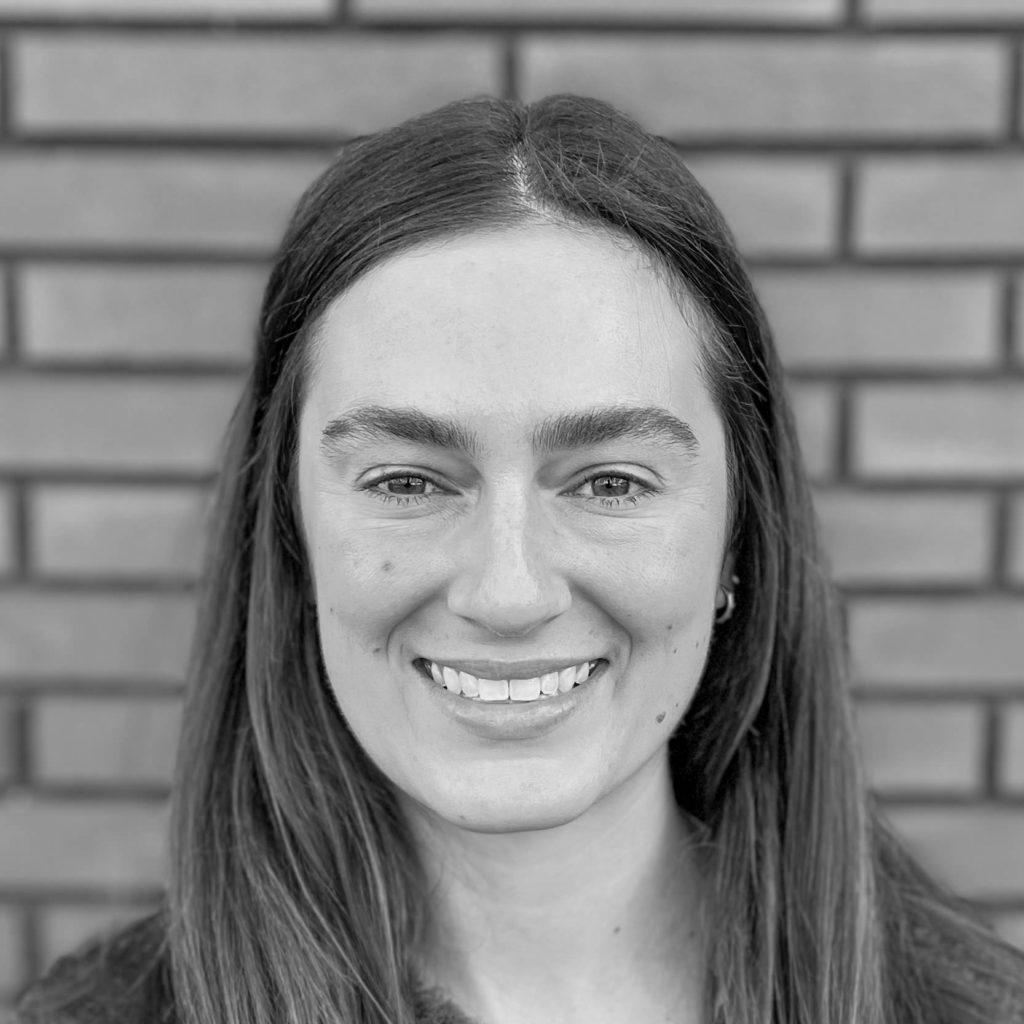Hometown
Los Angeles, CAEducation
I received my BA in philosophy, MA in education, and PhD in education, all from UC Santa Cruz.Publications
Mosqueda E., Dektor, R., Hertel, S. (2024). Teacher beliefs toward bilingual instruction in mathematics. In M. Bravo & K. Téllez (Eds.), Mathematics Instruction in Dual Language Classrooms: Theory and Research That Informs Practice. Information Age Publishing.
Dektor, R., Severance, S., & Téllez, K. (2024). How do preservice teachers learn to teach integrated computational thinking?: Evidence from planning, enactment, and reflection, Journal of Computer Science Integration, 7(1), 1-16.
Dektor, R. & Severance, S. (2023). Increasing preservice teachers’ computational thinking lesson design capacity within a research-practice partnership. Proceedings of the International Conference of the Learning Sciences, Canada, 290-297.
Something you’re proud of at MMSA
The expansion of computer science work and the chance to be a part of it!What is your teaching/learning philosophy?
I believe that everyone has a wealth of knowledge and experiences that inform how they perceive and interpret the world. Collaboration provides opportunities to learn from others’ experiences and understandings of the world. The co-construction of knowledge through collaborative discussions and activities is an important part of learning.What is your STEM passion area?
I am passionate about computational thinking because it involves many skills and practices that support problem-solving and can be utilized across content areas, not just in a computer science context.What do you like most about your role at MMSA?
Working with incredibly supportive team members who have such a vast array of knowledge, expertise, and experience.Favorite STEM-related memory
In 4th grade, we collected data on air pollution around the Los Angeles area over the course of several months and analyzed it as a class. Even as a child, I remember how asking questions and addressing real-world issues felt really empowering. My elementary science learning experiences have shaped my beliefs about the importance of tying STEM learning to real-world problems and contexts that students are familiar with and care about.What did you do before you worked at MMSA?
I taught lower elementary school in California.What do you like to do in your free time?
I like to get outside to run, hike, and horseback ride. I also love knitting, cooking, and baking.
